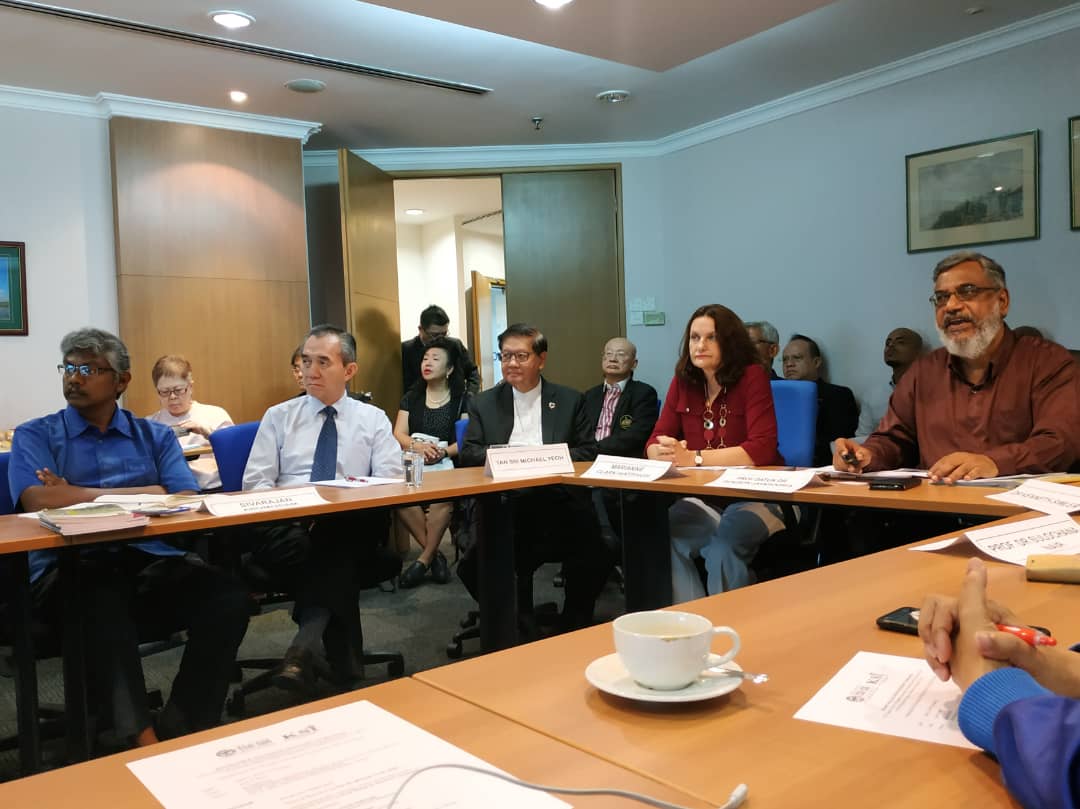KUALA LUMPUR, Sept 6 — Civil society today called for a royal commission or a special taskforce to investigate poverty in Malaysia, after a United Nations representative disputed the official near-zero rate.
Forty-five civil society organisations (CSO) activists, academics, business community and think tank representatives convened yesterday to review a report by UN Special Rapporteur on extreme poverty and human rights, Philip Alston, who found that Malaysia’s poverty rate could actually be between 15 and 20 per cent, instead of the official 0.4 per cent figure.
“Dialogue with urban poor at in low cost flats in major city centres is also most essential to determine who are the new poor? What are their challenges? What they feel should be done to address their exclusion?
“Participants called on the government to set a new national narrative by hearing the voices at the grassroots (Dialogues Rakyat) so as to capture their lived realities as we enter 2020,” Denison Jayasooria from the Malaysian CSO SDG (sustainable development goals) Alliance and Kingsley Strategic Institute for Asia Pacific head Michael Yeoh said in a joint statement.
The royal commission, they said, should review the report and conduct a national-level inquiry via dialogues with public from all states, especially interior villages in Sabah, Sarawak and Kelantan, with forest-based communities and with all the target need groups mentioned in Alston’s report.
Participants at yesterday’s meeting, including Unicef Representative for Malaysia Marianne Clark-Hattingh and World Bank senior economist Kenneth Simler, urged the government to re-examine poverty measurement and set realistic criteria based on Malaysia’s development as an upper middle income country, instead of benchmarking with the poorest nations.
“In this context, participants expressed their frustration in the current non-transparent approach of inaccessibility to public data and the inadequate disaggregated data availability. The call is for open disclosure of poverty data for independent research and academic assessment,” said the statement.
The civil society representatives also told the government not to reject Alston’s report, but to use it as a reference to review issues faced by the poor in Malaysia and make appropriate policies and programmes that reflect SDGs’ thrust of “leaving no one behind” in the 12th Malaysia Plan.
Discussing at length on the content of the report, the roundtable also called for better collaboration among all stakeholders as poverty eradication was a joint responsibility.
Alston had previously said at the end of his 11-day visit to Malaysia in August that the poverty line of RM980 monthly household income underpinning Malaysia’s official 0.4 per cent national poverty rate, or less than 25,000 households, was a “very low and highly unrealistic poverty line”.
He also criticised Malaysia’s new multi-dimensional poverty index that is touted by Ministry of Economic Affairs officials under Pakatan Harapan as the future of poverty measurement, saying that it yielded “figures that are so low as to beggar belief, and relies heavily on the existing income-based measure.”.








